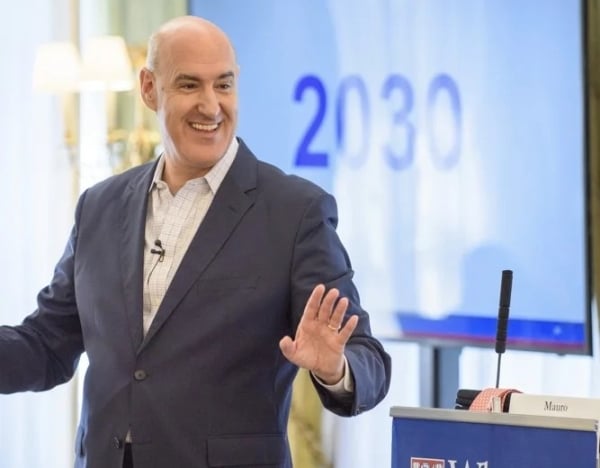In recent years, there has been growing discussion about the emergence of a post-generational society, where traditional generational boundaries and distinctions are becoming less meaningful. This shift has been driven by a number of factors, including the rapid pace of technological change, the globalization of economies and cultures, and changing attitudes towards work and education.
One area where the impact of this post-generational society is particularly evident is in higher education. As the needs and expectations of students evolve, universities and colleges are being forced to rethink their approaches to teaching and learning. One key tool that has emerged as a powerful resource in this changing landscape is the podcast.
Podcasts have become wildly popular in recent years, with millions of people tuning in to listen to their favorite shows on a wide range of topics. In the realm of higher education, podcasts have the potential to reshape the way students engage with course material, interact with their instructors, and collaborate with their peers.
One of the key benefits of podcasts in higher education is their accessibility. With most students now owning smartphones and other digital devices, podcasts provide a convenient way for them to access course content on the go. This flexibility allows students to engage with their studies at their own pace and on their own schedule, making learning more personalized and convenient.
Moreover, podcasts offer a valuable resource for learners who may struggle with traditional forms of instruction. For example, students who learn best through auditory methods can benefit greatly from podcasts, as they can listen to lectures and discussions on their own time and as many times as needed. This can be particularly helpful for students with learning disabilities or language barriers.
Additionally, podcasts can enhance collaboration and communication among students. By creating their own podcast episodes or participating in group discussions via podcasts, students can engage with course material in a more dynamic and interactive way. This can foster a sense of community and connection among students, even in online learning environments.
Furthermore, podcasts can provide a platform for bringing in diverse voices and perspectives into the classroom. By featuring guest speakers, experts, or professionals in the field, podcasts can expose students to a wide range of opinions and experiences that can enrich their learning and broaden their horizons.
In conclusion, as higher education continues to evolve in the era of a post-generational society, podcasts are poised to play a key role in reshaping the way students learn and engage with course material. By leveraging the accessibility, flexibility, and interactivity of podcasts, educators can create a more engaging and inclusive learning environment that meets the needs of today’s students. Therefore, it is imperative for universities and colleges to embrace this technology and harness its potential to enhance the educational experience for all students.



